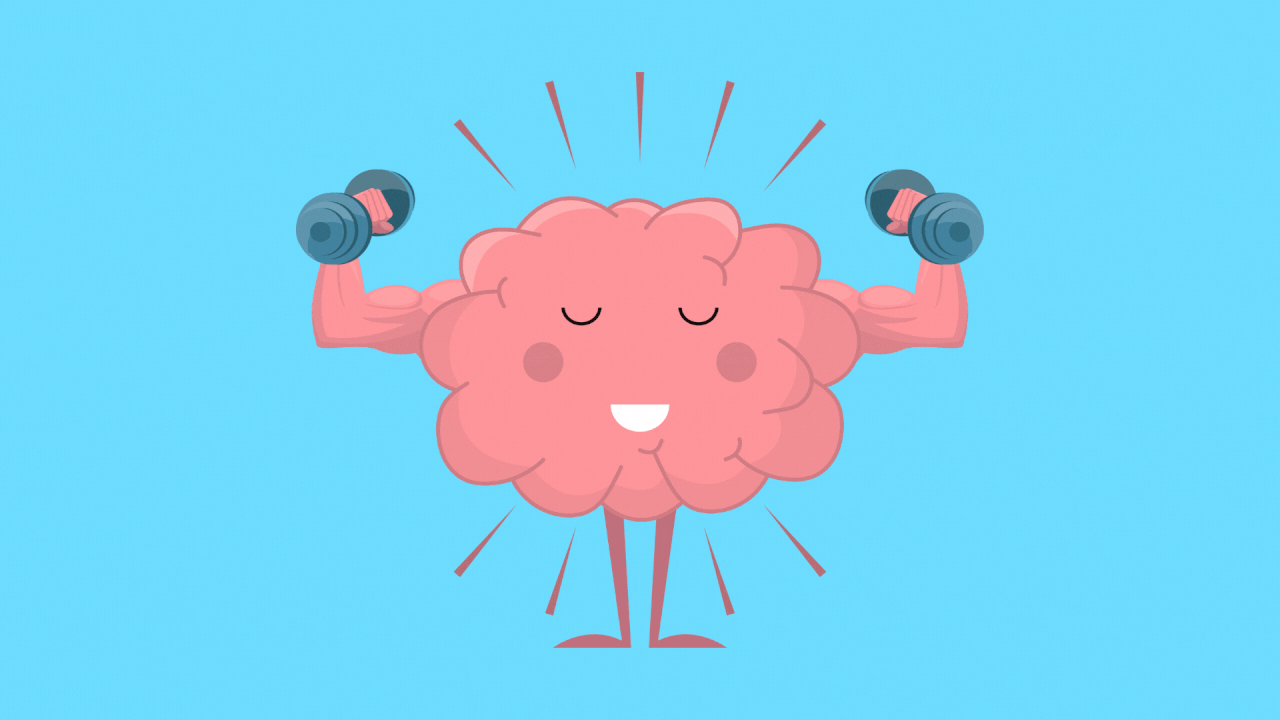Introduction:
Ramadan is a time of spiritual reflection, self-discipline, and heightened devotion for millions of Muslims around the world. It’s a month marked by fasting from dawn till dusk, refraining from food, drink, and other physical needs. While the primary focus during Ramadan is on spiritual growth and reflection, maintaining physical health and fitness is also important. In this article, we’ll explore how to energize your Ramadan with workout routines tailored specifically for fasting.
Understanding the Importance of Exercise During Ramadan:
During Ramadan, the body undergoes significant changes due to the fasting period. While fasting, the body relies on stored energy reserves, which can lead to a decrease in energy levels and muscle mass if not managed properly. Incorporating regular exercise during Ramadan can help maintain muscle mass, boost energy levels, and improve overall well-being. It’s essential to choose the right workout routines that complement the fasting schedule and provide the necessary energy for the day ahead.
Optimizing Workout Timing:
One of the key factors to consider when planning your Ramadan workout routine is the timing of your workouts. Since fasting during Ramadan typically involves abstaining from food and water from dawn till sunset, it’s essential to schedule your workouts during non-fasting hours. Many people prefer to exercise after breaking their fast, during the evening hours when energy levels are higher and the body is better fueled. However, some may find it more convenient to workout before suhoor, the pre-dawn meal, to avoid disrupting their sleep schedule. Experiment with different timings to find what works best for you.
Choosing the Right Type of Exercise:
When it comes to exercise during Ramadan, it’s crucial to choose activities that are moderate in intensity and do not overly strain the body, especially while fasting. Low-impact exercises such as walking, cycling, swimming, and yoga are excellent choices as they help improve cardiovascular health, maintain muscle mass, and promote flexibility without placing excessive stress on the body. Strength training exercises using body weight or light resistance bands can also be incorporated to maintain muscle strength and tone.
Hydration and Nutrition Considerations:
Staying hydrated and well-nourished during non-fasting hours is essential for optimal performance during workouts. Hydration is particularly crucial, especially when exercising in a fasted state. Make sure to drink plenty of water and electrolyte-rich fluids after breaking your fast and before beginning your workout to replenish lost fluids and prevent dehydration. Additionally, focus on consuming nutrient-dense foods during suhoor and iftar to provide sustained energy throughout the day and support muscle recovery post-workout.
Listening to Your Body:
During Ramadan, it’s essential to listen to your body and adjust your workout intensity and duration accordingly. Pay attention to how you’re feeling physically and mentally, and don’t push yourself too hard if you’re feeling fatigued or low on energy. Be mindful of any signs of dehydration or overexertion, such as dizziness, lightheadedness, or muscle cramps, and take appropriate breaks as needed. Remember that the goal is to maintain overall health and well-being, not to push yourself to the point of exhaustion.
Incorporating Mind-Body Practices:
In addition to physical exercise, incorporating mind-body practices such as mindfulness meditation, deep breathing exercises, and relaxation techniques can help reduce stress, improve mental focus, and enhance overall well-being during Ramadan. Taking a few moments each day to quiet the mind, center yourself, and connect with your inner self can be incredibly beneficial, especially during this spiritually significant time.
Conclusion:
As you embark on your Ramadan journey, remember that maintaining physical health and fitness is an essential aspect of overall well-being. By incorporating mindful exercise routines, staying hydrated, nourishing your body with wholesome foods, and listening to your body’s cues, you can energize your Ramadan and ensure that you’re able to fully participate in this sacred month with vitality and vigor. Read more about workout for ramadan





